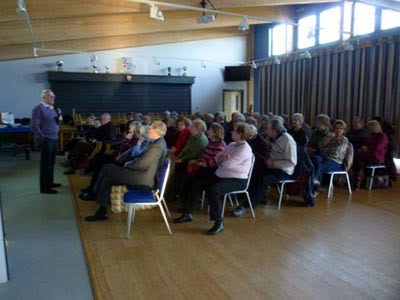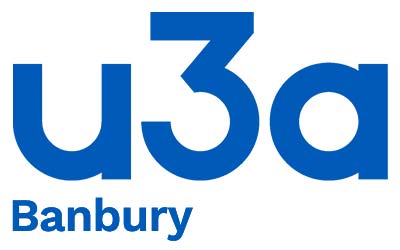Group Convenors Page

Starting a new group
New groups evolve either because there is a field of activity not already covered by our groups or where groups become full and there is enough demand for another. It is a misconception that groups of the same subject must pay heed to what each other is doing or that members cannot belong to more than one group studying the same subject.
There is no set format that must be followed to start a group but experience has shown that publicity through newsletters, bulletins and open meetings and the production of an ‘interested’ list are the ways to get started. This is usually followed by an initial meeting when terms of reference, practices, resources and plans are agreed by all the new membership.
All new group convenors are given a simple Banbury u3a Information Pack. Many new groups have foundered when leadership has been too dictatorial or when those interested have been reluctant to take on some responsibility and leave all the work to others. Committee members, many of whom are group convenors themselves, will be keen to help new groups get off the ground.
Expectations of a group convenor
A group convenor must be a member of Banbury U3A and is free to run the group without interference. They should however:
- Ensure that all members are involved in planning the group’s activities and review their practices from time to time.
- Run a generous, welcoming and uncritical group where respect and courtesy are the order of the day.
- Be aware of the objects and principles of the u3a movement and of the advice given by the Third Age Trust.
- Keep a register of attendance at meetings and create a waiting list if appropriate.
- Ensure that those attending are members of Banbury u3a and that non-members visit only once before they are required to become members.
- Keep secure the personal details of group members in accordance with data protection legislation. The recommendation is to use Bcc when contacting members as a group by email.
- Seek committee approval if outsiders attend to support or guide the work of the group in their chosen field (for example fluent language speakers).
- Supply information as required by members of the committee, especially when the group’s circumstances change.
